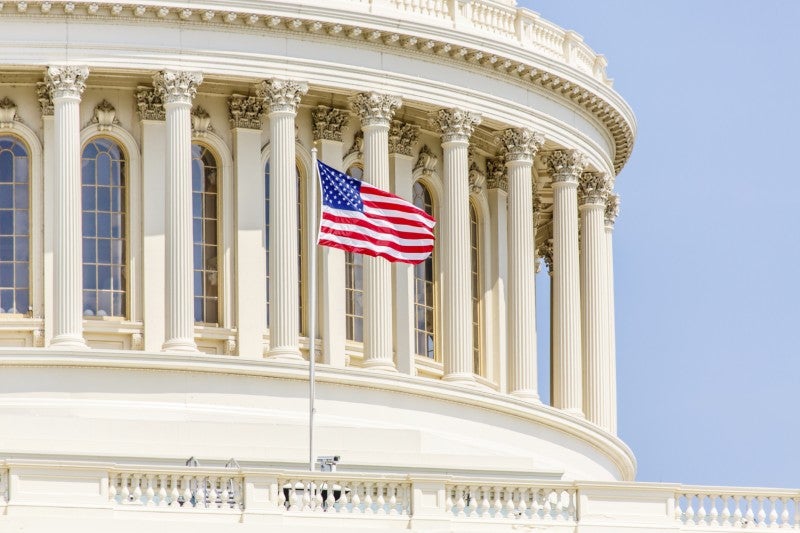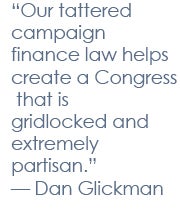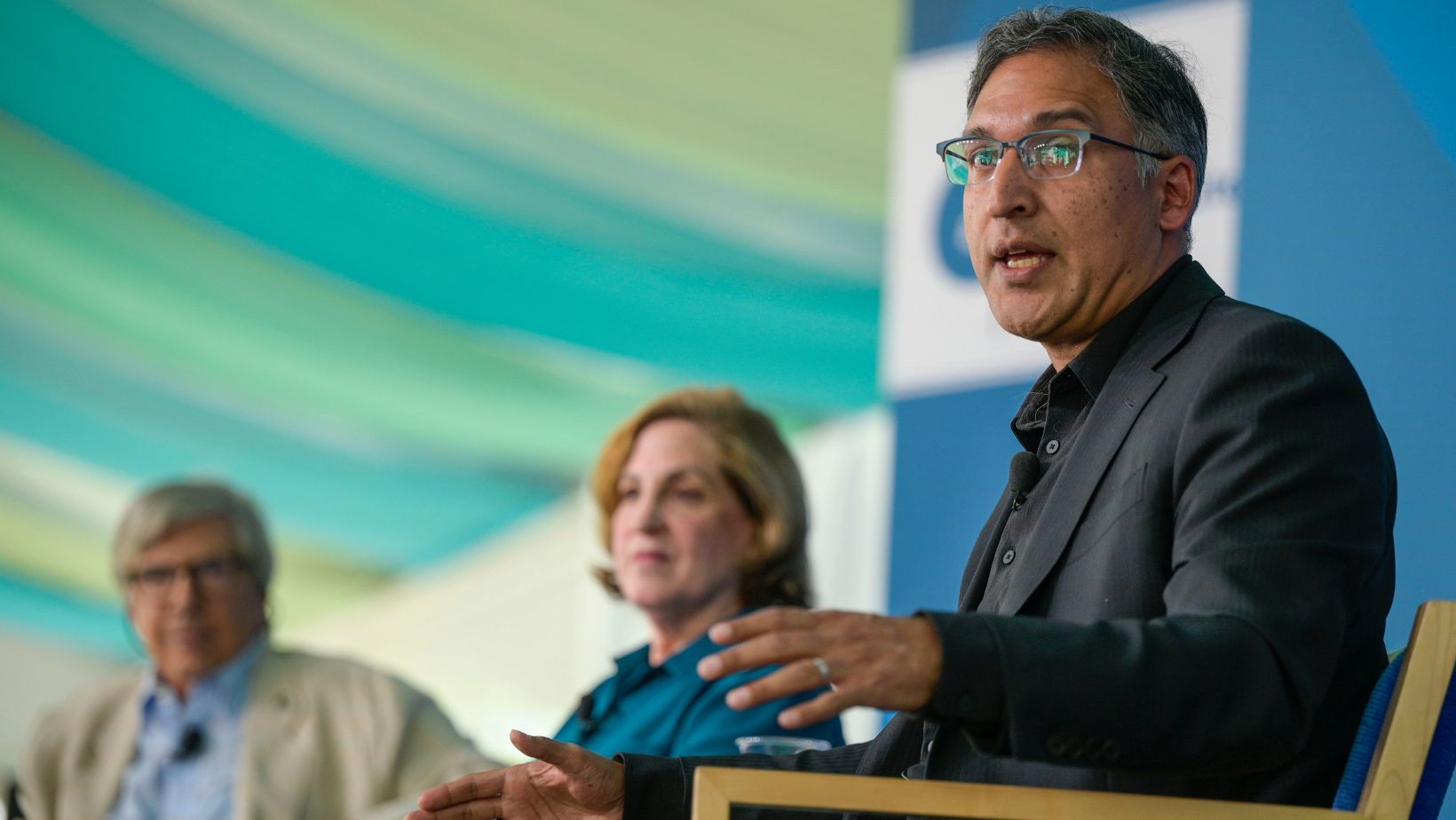
Author and columnist David Brooks has an opinion piece in today’s New York Times in which he declares that we should “all relax about campaign spending.” I respect David and know him well, but I totally disagree with him on his view of money in politics. Brooks argues that the Supreme Court’s Citizens United v. Federal Election Commission decision isn’t a big deal because, while money in the system has and will continue to multiply exponentially, both Republicans and Democrats are fielding well-financed candidates whose extra money, in effect, cancels each other out. “After both candidates have hit a certain spending threshold, the additional TV commercials they might buy are just making the rubble bounce,” he says.

Brooks is right about this point. The marginal value of each additional million dollars to a candidate in a national race is not necessarily going to tip an election one way or the other. He admits correctly that down ballot races like state houses and some House of Representatives contests may be more impacted by more money in the system, but I agree that big, national races like many contests for Senate and all presidential races are not dramatically altered by the increased spending. But the point he misses is not the data on campaign spending and its effect in specific elections, it is the impact that more money has on the entire political system.
The flood of money into the system resulting from the Citizens United case and subsequent rulings has had huge negative ramifications for governing, reducing the quality and the quantity of lawmaking in Congress. The 113th Congress has been the least productive Congress since they started keeping records of productivity. There are many factors causing this but one is certainly money. Legislators are spending, in some cases, more than 70 percent of their time raising money! They do this because they are afraid of outside groups coming in and blowing them off the map with multi-million dollar ad buys. The mere possibility of this threat leads legislators to spend unbelievable amounts of time calling donors and begging them for additional cash. Instead of doing the business of government like attending hearings, writing bills, educating themselves on policy, voting, and even being in Washington, legislators are consumed with the hunt for donations. This has a profound impact on the quality of their legislative work.
Money in politics also scares off many people who would make fine lawmakers. The quality of candidates and elected officials suffers because a lot of smart, motivated people don’t want to spend 12 hours a day in a cubicle with a headset begging people for money. Congress ought to be a place where the people’s representatives come together to do the people’s business and make policies that benefit our nation and its citizens. Our tattered campaign finance law helps create a Congress that is gridlocked and extremely partisan.
We should not relax about campaign spending because no matter whether you’re a Republican, Democrat, or independent, whatever you hope your representatives in Congress can enact as a policy agenda is severely impaired by the constant search for money. We need to reduce the amount and importance of money in our political system. The true waste here is the time legislators spend on the phone with donors, when they could be doing what Americans sent them to to do.
Dan Glickman is vice president and executive director of the Aspen Institute Congressional Program.

